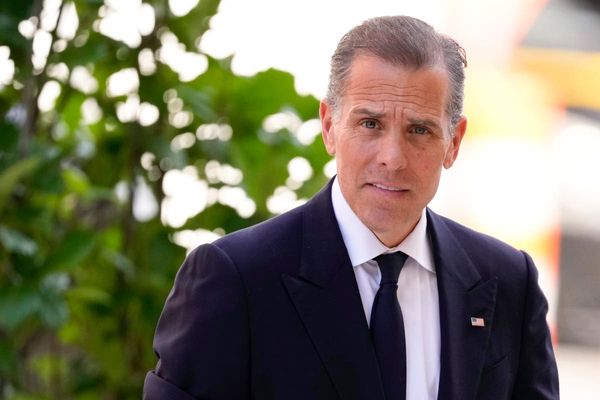Advisors often track their client retention rate to ensure they deliver great service. But clients aren't the only people they want to keep. In a tight labor market, advisors who run their own firm need to take steps to retain top employees.
More employees are hunting for better job opportunities. So, advisors who run their own firm want to prevent their best staffers from jumping ship. Despite offering competitive pay, flexible hours and other perks, they can still lose good people in an ever-tightening labor market.
Like many employers, advisors may figure they need to boost pay and benefits to retain top employees. But that's not necessarily the best retention strategy.
Teresa Amabile, a Harvard Business School professor, has found that a leading motivator for employees is feeling they're making progress in meaningful work. When people care about what they do — and see why it matters — they're more likely to derive satisfaction from it.
Another factor is the organizational culture. Employees who get along well, believe in the firm's mission and support each other's success tend to stick together.
Chris Hall, head of strategy at Strategic View Advisors in Manhattan Beach, Calif., says that unhappy employees across all industries tend to voice two big complaints: "I don't enjoy the people I work with" and "I put all this effort in and I don't feel I get treated equally."
The solution: Celebrate small wins on a regular basis to foster teamwork. And adopt a hiring process that identifies personalities who will mesh well with existing workers to create a positive, supportive work environment for everyone.
Retain Top Employees With A Professional Growth Plan
Eager to retain their stars, advisors can fall into the money trap. They keep enhancing their compensation package to prevent defections. "But there's always someone else who will pay a few bucks more," Hall said.
At his firm, which has about 12 employees, he says wages are adjusting to reflect the competitive landscape. Yet he emphasizes that the culture drives retention along with the paycheck amount.
Part of the culture involves professional development. Showing interest in a staffer's career aspirations — and taking steps to expose them to different roles — cements their loyalty.
"It's important to focus on where they are headed and help them figure out what they want to do," Hall said. For example, an administrative employee designed her own job description as operations manager — a more proactive role that allowed her to identify changes to improve internal processes.
Many advisory firms invest in employee education. They may cover 100% of the cost to take industry exams to earn professional designations.
Performance reviews provide another avenue for motivating people to stay put. Typically, employers use these annual or semiannual reviews to appraise one's performance.
At Hall's firm, however, these reviews focus on the future rather than the past. Employees share ideas on how they'd like their role to evolve and managers seek to facilitate workers' personal and professional growth.
Trust Your Team And Reap The Rewards
Even if pay is sometimes overrated as a retention tool, it can still help encourage teamwork. To create a culture of collaboration, set up incentives for people to pull together.
Mike Hlavek, a certified financial planner at Winter Park Wealth Group in Winter Park, Fla., says that his firm uses revenue sharing to reward the workforce.
"Every November, we take a percentage of our overall branch revenue and divvy it up among our (five) employees," Hlavek said. "It's a revenue-based bonus."
Employers that trust their workers to do the right thing are more apt to keep them. Staffers tend to chafe if they are monitored too closely or sense that their boss feels compelled to micromanage them.
"We have no set vacation policy," Hlavek said. "People can take as much time as they need as long as they get their work done. They appreciate not having to track their vacation time."
Build Camaraderie To Retain Top Employees
He adds that during the pandemic, all employees chose to come into the office rather than work from home. That's largely because of the camaraderie they share.
"Every employee here was referred by an existing employee or from someone an employee knows very well," Hlavek said. He finds that happy workers tend to attract others who will thrive at the firm.
People who quit a job sometimes feel alienated or dissatisfied — and resent that no one seems to listen to their concerns. Enlightened employers don't let that happen.
Hall says that every week, employees rate how they're feeling about their job on a 1-to-5 scale. This pulse check gives them — and the firm's leaders — a chance to spot potential problems early on.
"We regularly ask for feedback in a formal and informal manner," Hall said. "We're always asking, 'What can we do differently?' and 'What's going well and not well?'"







